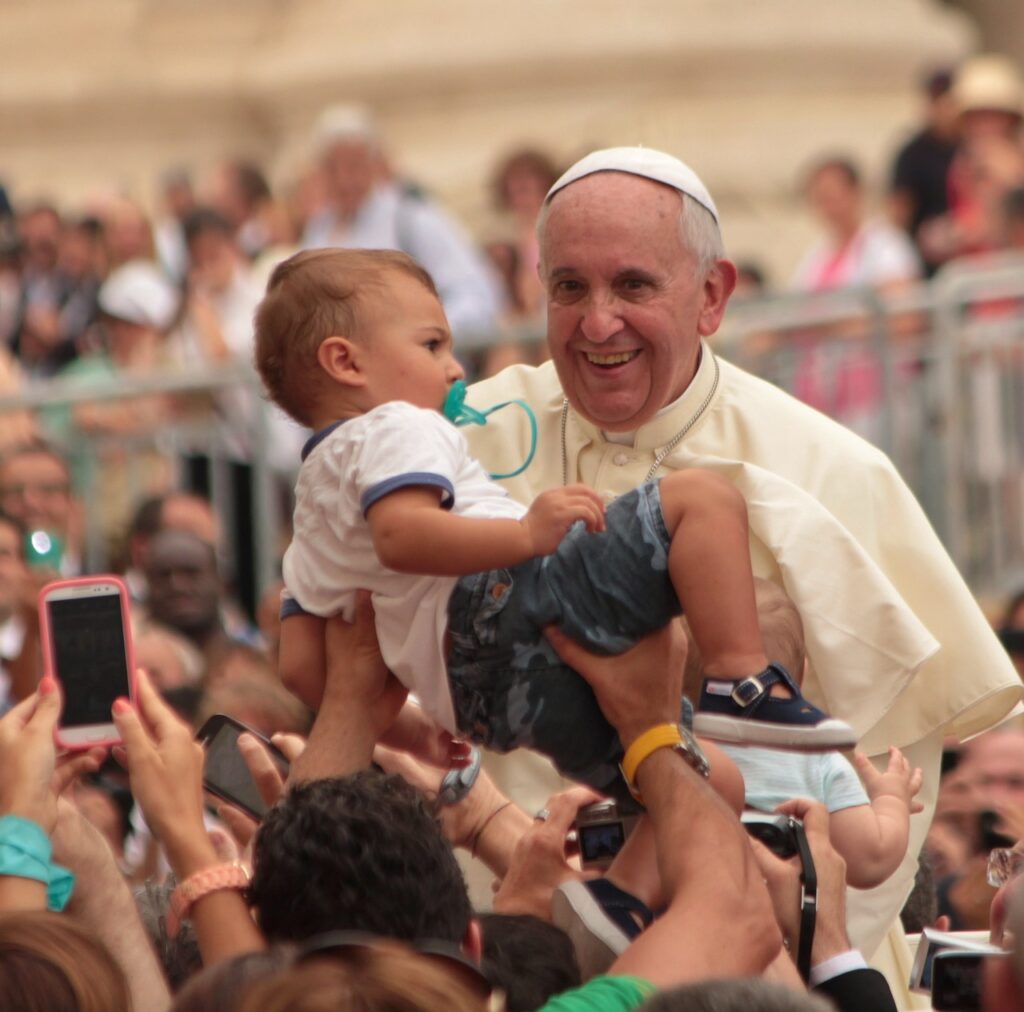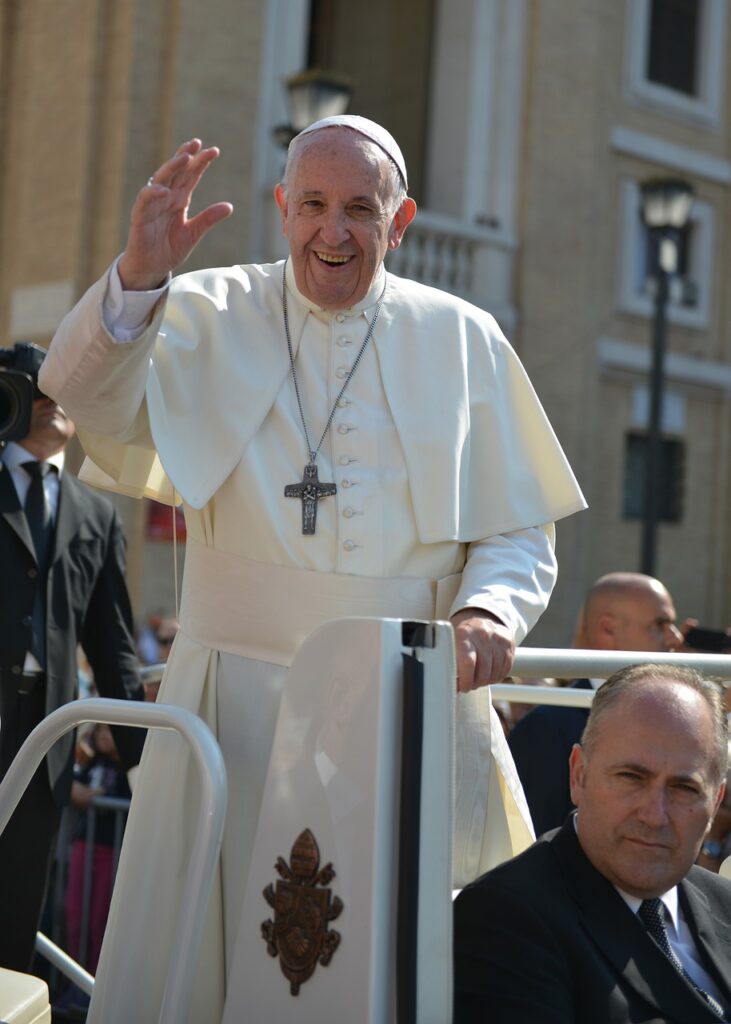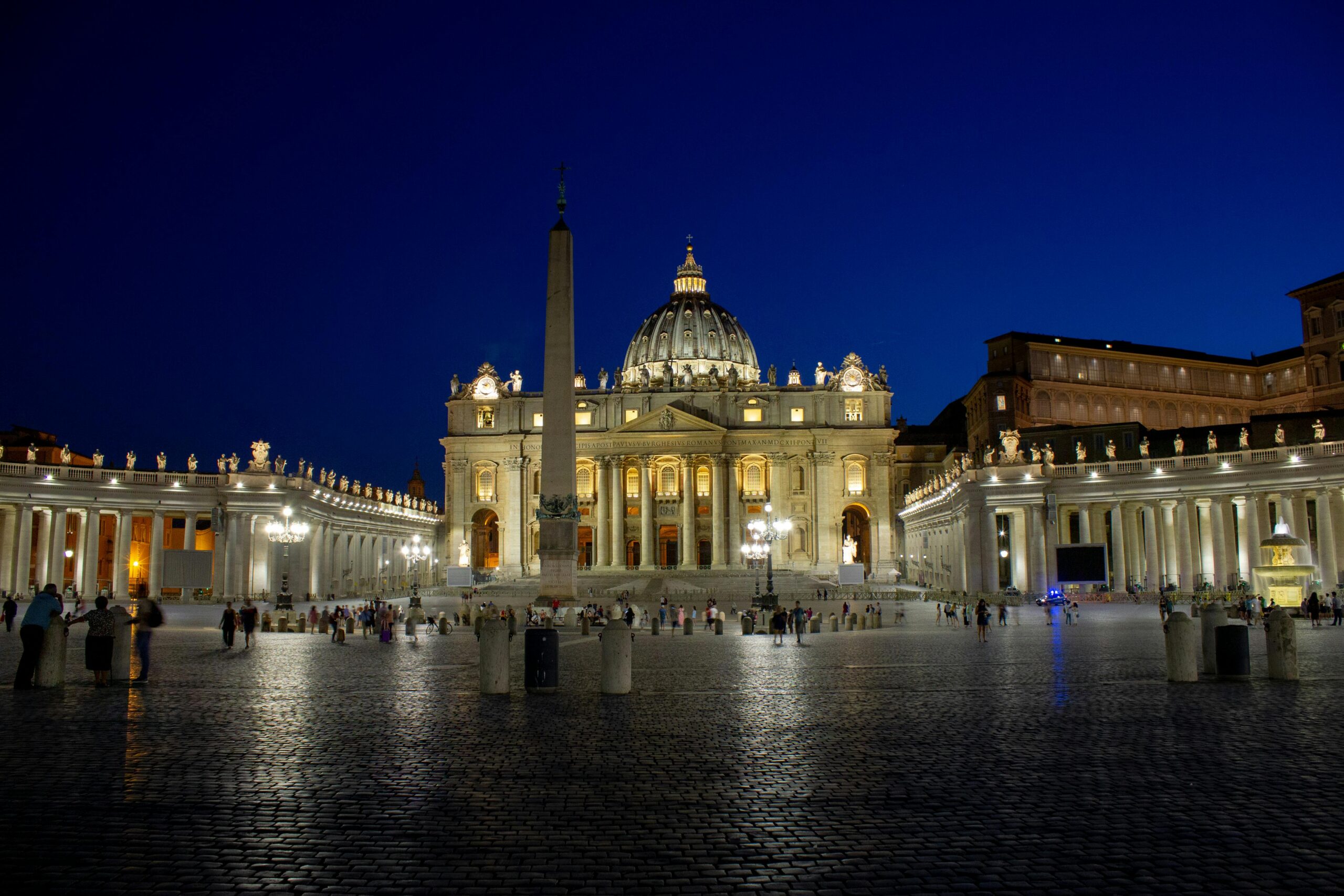Starting in December 2024, Pope Francis’ weekly general audiences at the Vatican will take on a groundbreaking new dimension. For the first time, his teachings will be translated into Mandarin, making them accessible to millions of Chinese-speaking Catholics worldwide. This initiative is a monumental step in the Vatican’s efforts to foster inclusivity and strengthen ties with a global and diverse Catholic community.

A Landmark Initiative for Inclusivity
Traditionally, the Pope’s audiences are delivered in Italian, with translations provided in several languages, including English, French, German, Polish, Spanish, Portuguese, and Arabic. The addition of Mandarin—one of the most widely spoken languages in the world—marks a bold move toward engaging a significant and growing audience of Chinese-speaking Catholics.
The rollout is set to coincide with the beginning of Advent, symbolizing a season of renewal, hope, and unity. This decision underscores the Vatican’s commitment to embracing cultural diversity and ensuring that every member of the Church feels seen and heard.
Historical Context: Vatican-China Relations
The relationship between the Vatican and China has been fraught with challenges for decades. Diplomatic ties were severed in 1951, following the rise of the People’s Republic of China and subsequent disputes over religious authority and freedom.
At the heart of the conflict is the appointment of bishops. China’s government traditionally insists on controlling religious appointments through the state-sanctioned Chinese Catholic Patriotic Association, while the Vatican seeks to maintain its authority. This divide led to the formation of an underground church loyal to Rome, often at odds with the state-approved Church.
Efforts to bridge this gap culminated in a historic 2018 provisional agreement between the Vatican and China, allowing for shared decision-making in appointing bishops. While this agreement has faced criticism, it represents a pragmatic effort to unite China’s estimated 10 to 12 million Catholics. Renewed as recently as October 2024, this accord serves as a foundation for the Vatican’s ongoing engagement with China.
Mandarin Translations: A Step Toward Connection
Adding Mandarin translations to the Pope’s weekly addresses is a strategic and symbolic gesture. It acknowledges the vital role Chinese-speaking Catholics play in the global Church and demonstrates the Vatican’s desire to deepen their inclusion.
This initiative also aligns with the Vatican’s efforts to “Sinicize” Catholicism in China—an approach aimed at harmonizing the Church’s teachings with Chinese culture and societal norms.
For Catholics in China, this means a stronger connection to the global Catholic community. Access to the Pope’s teachings in their native language provides both spiritual and cultural affirmation, fostering unity and understanding.

Addressing the Big Questions
- Why now?
The introduction of Mandarin translations reflects the Vatican’s renewed commitment to engaging Chinese-speaking Catholics, coinciding with the renewal of the 2018 agreement with China. It’s also a response to the growing influence of Mandarin as a global language. - What does this mean for Catholics in China?
This initiative offers Chinese Catholics direct access to the Pope’s teachings, helping bridge the divide between the global Church and Catholics in China. It also signals the Vatican’s respect for their unique cultural identity. - What challenges remain in Vatican-China relations?
Despite progress, issues like religious freedom, government control over religious practices, and the complex bishop appointment process remain unresolved. Critics of the 2018 agreement argue that more work is needed to ensure true religious autonomy. - Could this lead to formal Vatican-China diplomatic ties?
While the addition of Mandarin translations is a significant step, formal diplomatic relations depend on resolving broader issues, such as religious freedom and mutual recognition. For now, dialogue continues.
A New Era of Unity
The inclusion of Mandarin translations in Pope Francis’ weekly audiences signals a hopeful new chapter in the Vatican’s relationship with Chinese-speaking Catholics. It’s a reminder of the Church’s mission to embrace all people, transcending barriers of language, culture, and geography.
This bold move not only strengthens ties with Catholics in China but also enriches the global Church, showcasing a shared faith that thrives in its diversity.
Sources Reuters


